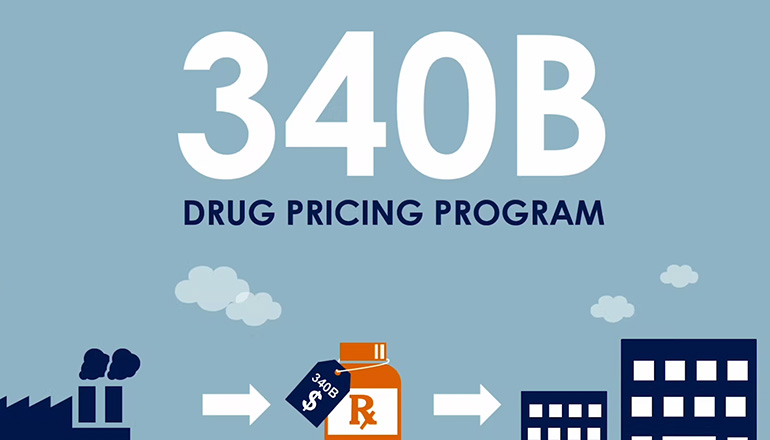While large hospitals and pharmaceutical manufacturers battle over drug costs, community health centers in Missouri view themselves as collateral damage.
Section 340B of the Public Health Service Act of 1992 allows small community health centers and hospitals to purchase pharmaceuticals at highly discounted prices.
Colleen Meiman, the national policy adviser for the State Association of Community Health Centers, said the centers utilize the savings to fund other community services such as dental, behavioral health, and opioid treatment programs, all without the use of taxpayer dollars.
“We lack negotiating power. We’re forced to pay the full price because we’re this small nonprofit community entity pitted against a massive drug company,” Meiman stated. “The legislation was designed to level the playing field slightly, allowing us to obtain the drugs at a discount.”
Drug manufacturers express concerns regarding the misuse and rapid expansion of the 340B program. The number of hospital and pharmacy drug provider sites surged from 8,100 to 50,000 between 2000 and 2020. A report from August 2022 by the Health Resources and Services Administration revealed that discount drug purchases via 340B rose 16% between 2021 and 2022, amounting to $44 billion.
Meiman highlighted that 340B can be beneficial in Missouri, where she resides. However, she also mentioned that current restrictions cap the number of contract pharmacies in specific areas of the state, leading to potential difficulties for patients.
“In Missouri, navigating during winter can be challenging,” Meiman said. “If you suddenly need to travel a considerable distance to obtain your medications, either because it’s the only way to get them at a sufficient discount, due to being a low-income uninsured individual, or in an effort to support your health center, it becomes problematic.”
Meiman further stated that health centers nationwide have had to either cut back on staff or limit services due to losing access to 340B savings.


